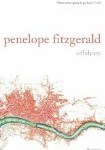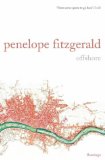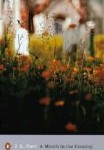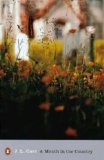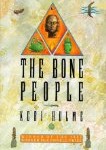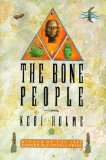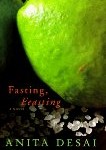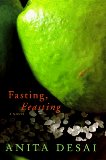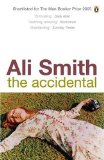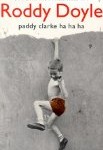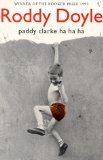Offshore won the Booker Prize in 1979.
From the back-cover:
On Battersea Reach, a mixed bag of the temporarily lost and the patently eccentric live on houseboats, rising and falling with the tide of the Thames.
I actually finished reading this last week, but haven’t written a review until now, as I was trying to think of constructive things to say about it. Despite having had a few days, and the help of the amazingly knowledgeable people over at the Booker yahoo group I am still no further towards my goal. The only positive thing I can say about this book is that it is very short!
This book has to be the most boring one I have ever read! The characters don’t annoy me as they are too dull, the plot is barely existent and the setting is dreary and lifeless. This has to be one of the only books that has failed to elicit any emotion in me other than pure boredom! I read all the words, but I didn’t care about a single one. It is not intellectually challenging, thought provoking or poetic. I can see no reason why anyone would like it, let alone why it won the Booker Prize!
![]()
If you’ve read this book and can see any merit in it, then I’d love to know what it is!
Is this the worst Booker Prize winner? Or have I got worse ones to come?
What is the most boring book you’ve ever read? Can it possibly be as bad as this?!
Remember the Comment of the Week Competition! I’m looking forward to reading your comments!
